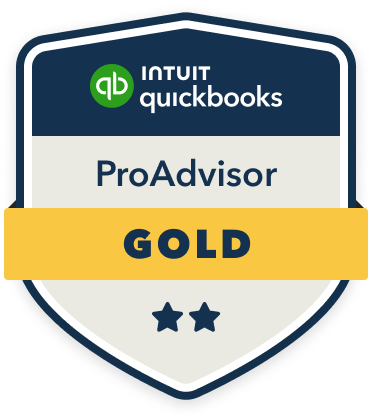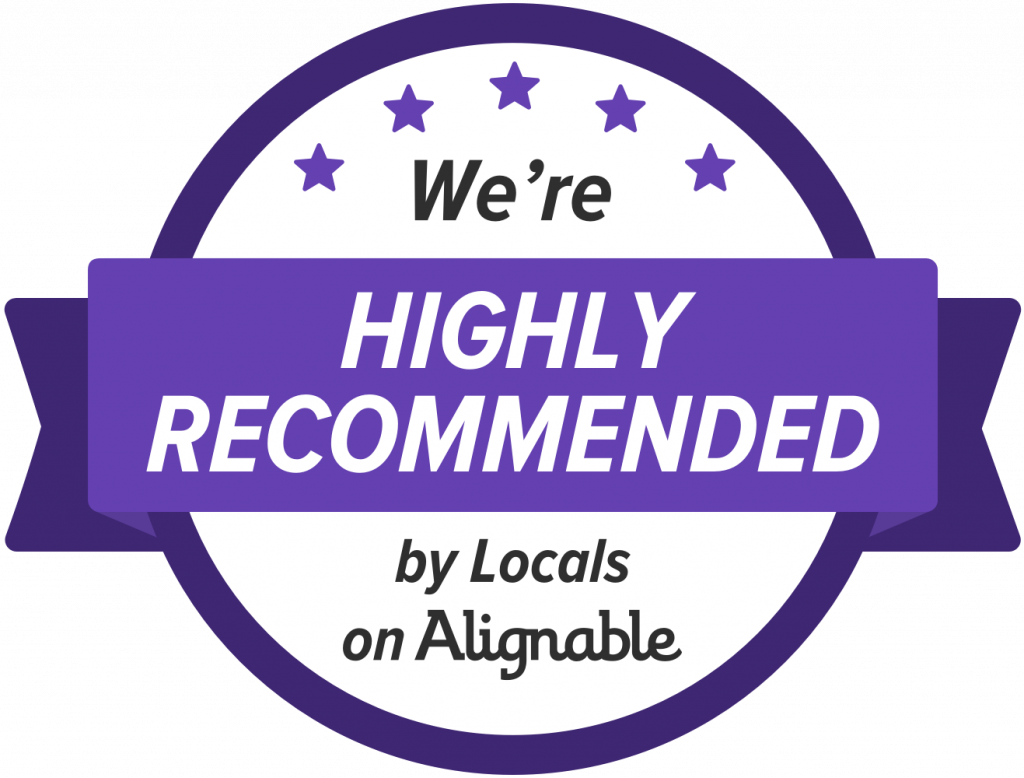Vendor Onboarding: Empowering Your VA for Accurate Vendor Setup
Vendor Onboarding: Empowering Your VA for Accurate Vendor Setup
For many small business owners, vendor onboarding feels like one of the most sensitive parts of financial operations—so sensitive that it’s rarely delegated. The thought of trusting someone else, especially a virtual assistant (VA), with managing new vendor records can trigger concerns about compliance, payment delays, and incomplete data. As one advisor notes, “Small business owners often worry that handing off vendor management means losing control over critical financial details, risking costly mistakes or compliance issues.” But does vendor onboarding really need to be guarded so tightly? Or is there a better way to empower your VA while safeguarding accuracy and control?
Challenging the Delegation Myth
The idea that vendor management is “too sensitive to delegate” is rooted in the fear of errors, fraud, and regulatory headaches. Yet, with the right process and oversight, delegating vendor onboarding can actually strengthen your controls, not weaken them. The key: empower your VA with structured systems, clear checklists, and expert support.
Vendor onboarding is not just about entering a name and address—it’s a structured process of collecting, verifying, and approving a new vendor’s information before they’re authorized to deliver goods or services. This process includes:
- Collecting business details, tax forms (like W-9s), banking information, and contact info.
- Verifying compliance, insurance certificates, and credentials.
- Approving contracts and integrating vendors into your accounting or ERP system.
When this process is fragmented or rushed, you risk onboarding vendors with missing documents, non-compliant backgrounds, or inaccurate payment info. That’s where a VA can be invaluable—if they’re set up for success.
The Power of Thorough Vendor Data
Clean, complete vendor records are the backbone of smooth business operations:
- Payments flow without delays or manual intervention.
- Tax filings are accurate, reducing audit risk.
- Vendor communications are clear, minimizing disputes.
- Compliance is trackable, protecting your business from regulatory penalties.
When you empower your VA to manage vendor onboarding with rigor, you build trust in your financial systems. Owners can shift from micromanagement to strategic oversight, knowing their vendor data is reliable.
How to Empower Your VA for Vendor Setup
1. Standardize the Process
Use a vendor onboarding checklist that covers every critical detail:
- Business name, legal entity, and tax ID
- Bank account verification
- Contact information
- Compliance documents (insurance, certifications)
- Contract approvals
- System setup (QuickBooks, ERP)
A standardized checklist helps reduce errors and clarifies expectations. Many experts recommend automating the intake using vendor portals or innovative forms, so your VA can collect and validate information consistently.
2. Clear Communication and Training
Provide your VA with onboarding guides and sample forms. Make sure they understand:
- What documents are required for each vendor type
- How to spot red flags or missing information
- Who to escalate questions to (you, your bookkeeper, or your fractional CFO)
Regular check-ins and feedback loops help catch issues early and reinforce best practices.
3. Leverage Technology
Use tools like QuickBooks Online, vendor management portals, or workflow apps to centralize vendor data. This not only streamlines collection but also makes it easy to update records and run compliance checks.
4. Expert Oversight When Needed
A fractional CFO or QuickBooks ProAdvisor can design your onboarding process, set up templates, and review records periodically. They can also train your VA, spot compliance gaps, and ensure the process meets your industry’s standards. With expert support, the delegation risk plummets—and your VA becomes a true asset.
Building Trust Through Clean Vendor Records
Trust isn’t just about believing your VA will do a good job; it’s about knowing your vendor records are thorough and up-to-date.
- Payments don’t get stuck because banking info is verified on Day 1.
- Tax filings run smoothly because vendor EINs and W-9s are on file.
- Compliance is transparent—insurance certificates and contracts are stored and accessible.
- Audit trails are clear—you know who set up each vendor and what checks were completed.
This level of control and clarity doesn’t just reduce stress; it builds a foundation for growth.
Why a Fractional CFO or QuickBooks ProAdvisor Makes the Difference
Even with the best VA, vendor onboarding benefits from expert input. A fractional CFO can:
- Assess your workflow for bottlenecks and risks.
- Set up standardized templates and approval processes.
- Audit vendor records for completeness and compliance.
- Train your VA on best practices and red-flag detection.
- Integrate onboarding with your financial systems (QuickBooks, ERP).
A QuickBooks ProAdvisor can:
- Configure your QuickBooks vendor module for clean data entry.
- Create custom fields for critical compliance info.
- Automate reminders for document renewals (like insurance).
- Provide ongoing support and troubleshooting.
With these experts involved, delegation becomes a strategic move—not a risk.
Empowerment in Action
Imagine onboarding a new vendor without chasing missing tax forms, worrying about duplicate entries, or scrambling for compliance documents at tax time. Your VA manages the process with confidence, your records are pristine, and your business runs smoother than ever. That’s not just possible—it’s the new standard for small companies serious about growth.
Delegating vendor onboarding isn’t about giving up control. It’s about building a system where accuracy, compliance, and trust are guaranteed—no matter who’s at the helm. With the proper process and expert support, your VA can help you create cleaner vendor records and a more resilient business.
By investing in professional financial guidance, you’re not just preparing for a sale. You’re creating peace of mind, stability, and options for yourself and those who matter most.
Don’t wait for “someday.” Start building your sellable business today.





